News
What do you need to be good at?
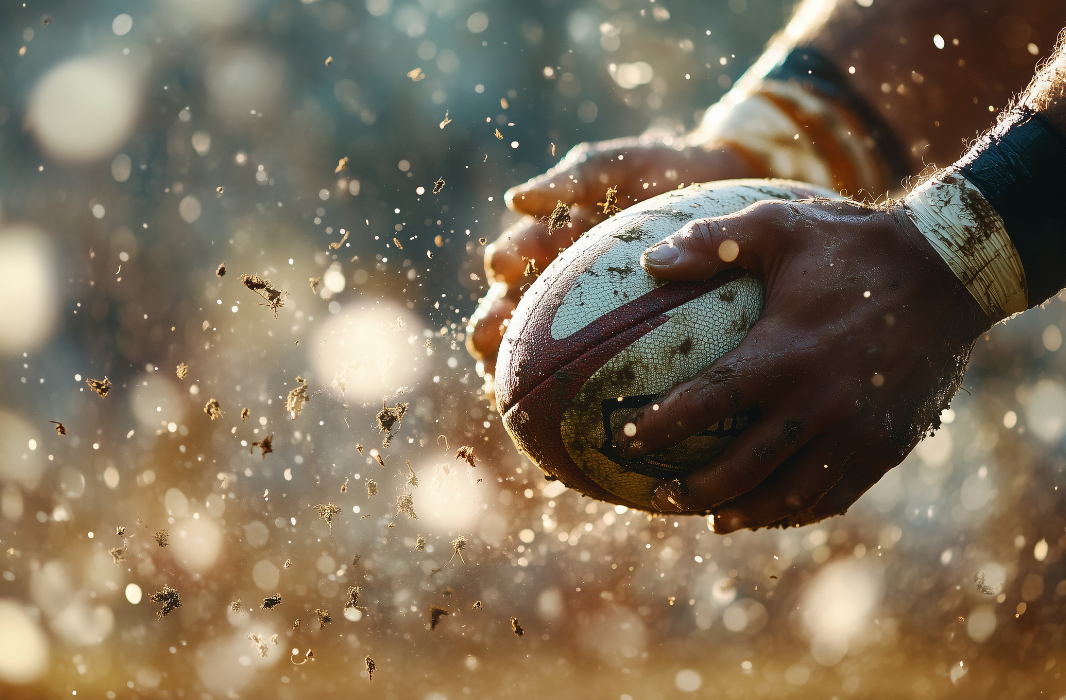
I'm not a natural at catching and passing a football but I'm pretty strong.
I'm also realistic enough to know that I'm not a tactician, so during my rugby career, my playing position was determined by a combination of my physical attributes, my love of a tough physical contest and my ability to push, tackle and occasionally lift heavy things.
I was a front row forward and I knew exactly what I needed to be good at.
Sure, I practiced catching and passing (the prerequisites for making a rugby team) but they weren't the main skills my position demanded. To be selected, I knew I had to be better than everyone else at the specific skills needed by a 'prop'. I spent most of my time at training with my forwards team-mates tackling, rucking and pushing the crap out of others. We were intimately acquainted with the padding on plenty of scrum machines, having packed down thousands of times against some of the most uncompromising beasts ever bolted together.
As a schoolboy I packed hundreds of scrums, dreaming of a wallaby jersey. I've packed hundreds of scrums at training as a Queensland Reds player, and when I was selected as a Wallaby, I packed hundreds more!
Why? Because, in the opinion of my coaches, we were never good enough to stop improving the core skills that were the foundation of the position we were playing.
It was a lesson learnt in the 80's that I have carried with me long after my playing career ended. It is the basis on which I continue to build my professional diagnostic and treatment skills, more than 30 years after I graduated as a Physiotherapist.
Positions on medicals teams in elite sport are hard to come by. You need to be able to hold you own in a team of specialists in their fields that include Surgeons, Sports Physicians, Physios, Osteopaths, Chiropractors, Strength and conditioning coaches, Podiatrists, Massage Therapists and many others. To work in sport, your diagnostic skills need to be highly accurate and your understanding of injury recovery milestones and progressions needs to be outstanding.
I believe learning never stops. If you're interested, here are my 6 top tips for improving the skills you'll need to impact the recovery outcomes of athletes.
1 Break it down to basics
Once you know what the injury is (ie have a diagnosis), set about getting the athlete to improve basic attributes. Mobility, strength and control are what you need to focus on early in Rehab. It does not always make sense to the injured person to be performing such simplistic exercises, but it will later. The foundation of strength and control that you build early, post injury, establishes how high you reach later. Certainly not a revolutionary concept but so often not respected. Time and time again when I assess athletes who are failing to reach milestones with other practitioners and their return to play timeline has long been dismissed, I can instantly see why. They don't have the necessary foundations to move to the next step. It's no wonder they aren't progressing. In these situations, the answer is always to start again. I go back to basic skills and drills. Once the basics are achieved, they almost always progress in leaps and bounds.
2 Assess then reassess, again and again
I never spend more than a few minutes on mobilisation or massage before deferring back to the patient for feedback on whether the technique has made any noticeable improvement. I use this constant source of feedback to guide my treatment plan. If it's not working, I try something else until I can effect change in tone, tightness or mobility. Experience tells me that doing the same thing over and over without regularly assessing its effectiveness, is lazy and ineffectual. I don't have time to waste on what doesn't work and more importantly neither do my patients. I spend my time with them working out what does.
3 Don't move on until you can
It's not rocket science and its not new information, but you would be amazed by the number of therapists who allow progression to the next step in a rehab or recovery plan because 'it's time' without any regard for the patients ability to perform the tasks required to move forward. In my opinion, it's the same reason why some kids finish school barely able to read. You need to master skills at one level before you are permitted to progress to the next. Some people take longer than others. So what. Forget the timelines and focus on milestones. It's what all great coaches and rehab therapists, have been doing forever. Once your attention is focused on the steps which need to be taken, timelines will take care of themselves. Patients will progress at the pace that works for them depending on what their priorities are. It's my job to challenge my patients to work harder and achieve milestones faster because most are athletes and don't have the luxury of time, but I never allow them to take shortcuts. Don't cheat by skipping or forgetting steps. It doesn't help you or your patient.
4 Communicate with others
Even as a young Physio, I knew there was much I needed to learn so I deliberately created as many opportunities as possible to observe or work with others who I knew had more experience than me. There's no better way to understand how a knee functions or what an injured knee looks like, than watching surgeons at work repairing one. I've observed many of my patients operations and along the way established important communication channels with the specialists that work with athletes. This relationship is a key reason many of my patients 'enjoy' rehabilitation success. (Some would argue 'enjoy' and my name should never be used in the same sentence.) My patients know the lines of communication between all stakeholders are clear and focused on them, and that everyone is working in their best interest towards the same goal.
5 Don't aim to just get back - Aim to get back, better!
I've lost count of the number of times that a potential career ending injury to a player has lead to them returning to play a better athlete than before they were injured. In my experience, people who's rehab progression doesn't parallel standard recovery protocols when their injury is fairly standard, are either not prepared to do the work, not motivated enough to try or have little understanding of the way forward. I'm not a fan of the 'how long is a piece of string' approach to goal setting. It's not particularly helpful. People need guidance and positive reinforcement that they are moving forward to an end point. I always begin by establishing where they were physically before injury. Together we set the target at a point past where they started and then break the journey down into 'bite sized' pieces to get there. My patients always know where they are headed. If they are prepared to do the work to get there, my job is to make sure they stay focused so they can!
6 Never trust a player.
Maybe my attitude around this stems from my personal playing days. Whilst athletes and patients in general will remonstrate that they are committed to diligently performing their rehab programs, they rarely do them or if they do, they rarely do them properly. This heavy load of scepticism has matured over many years of hearing excuses. Ask your patients to demonstrate their rehab exercises on the second visit. Few will do so in full, even fewer will do the exercises properly. The devil is always in the detail. Patients must follow the program you set. If it's obvious to me that they haven't done the work and are not taking my instruction seriously, I tell them not to bother returning, they are wasting their time and mine. Harsh, I know, but they have to understand that recovery requires work. They quickly learn not to waste my time. Having said that, I will do anything for my athletes. Even the most recalcitrant get a second chance. (Do as I say, not as I did!)
Being part of a medical team gives you the opportunity to work closely with other professionals that bring a broad base of knowledge and experience. If you are given the opportunity to work in sport you need to be confident in your ability but humble in your approach. Be open to learning new things. Know what your core skills are and never stop trying to improve them. To be better, go back to basics and broaden the skills you already have.


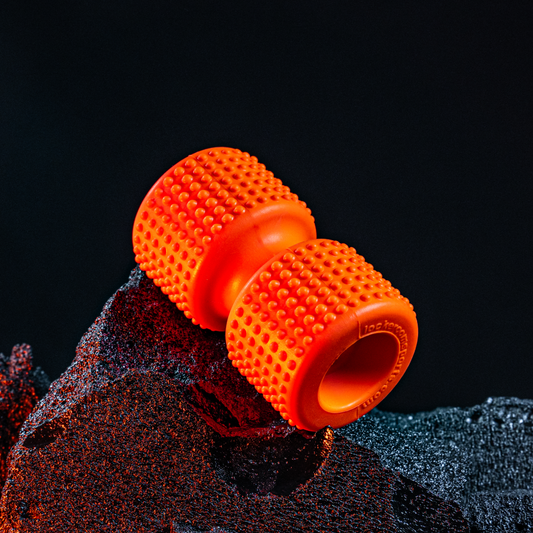


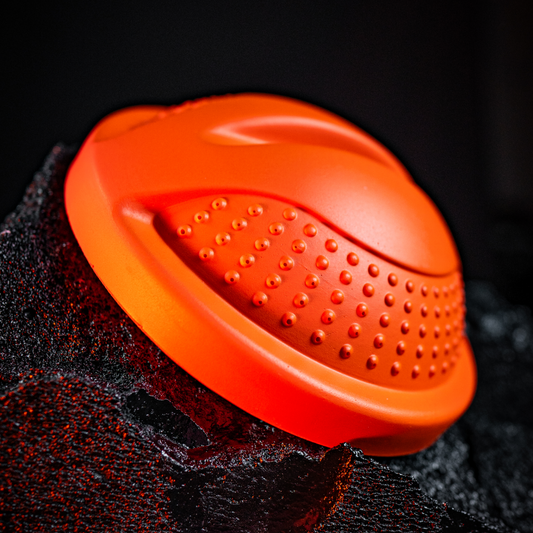

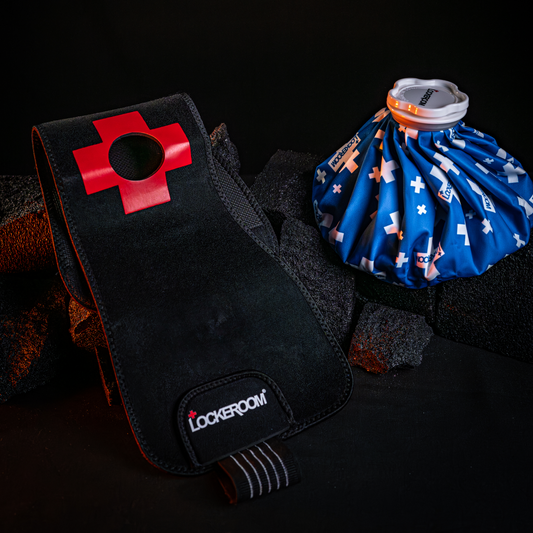

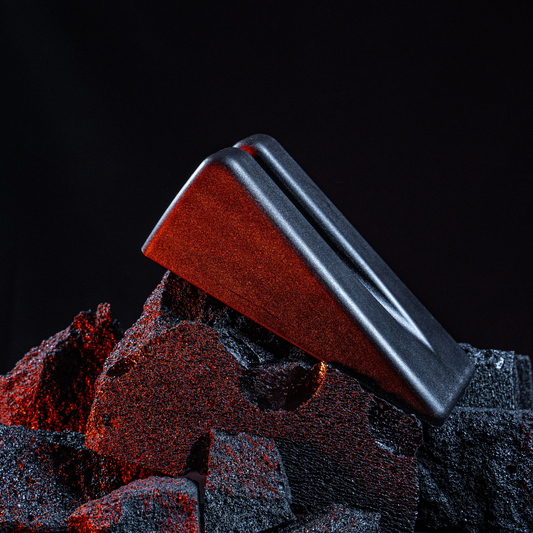


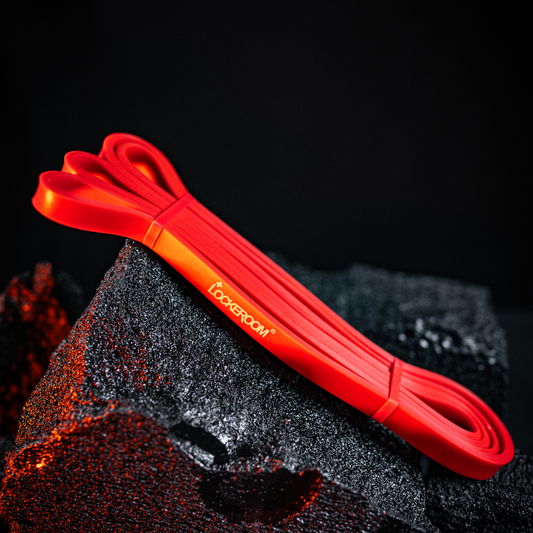
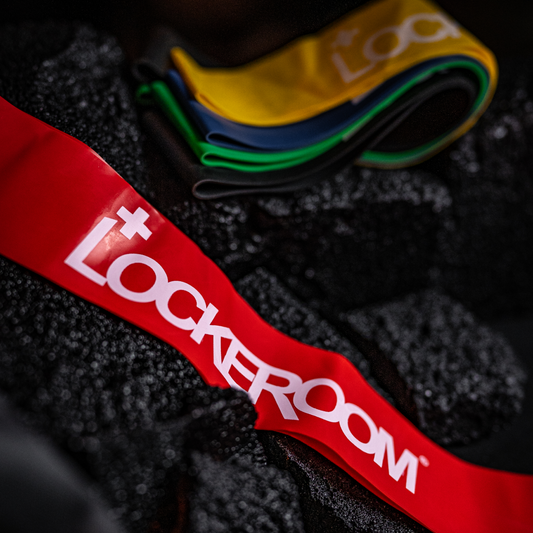
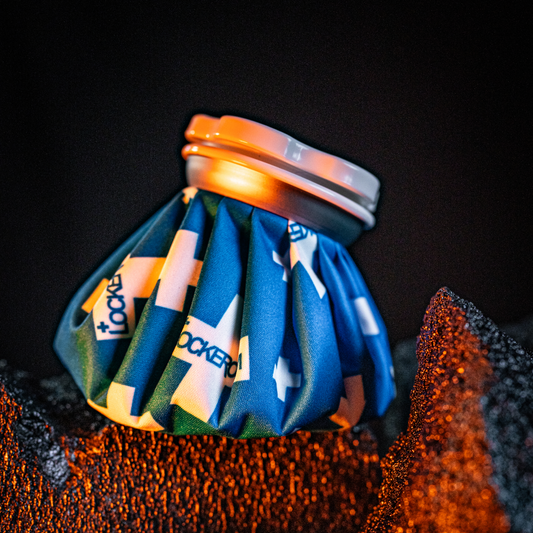

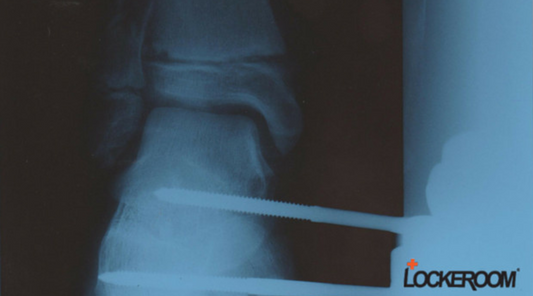

 Designed in Australia
Designed in Australia